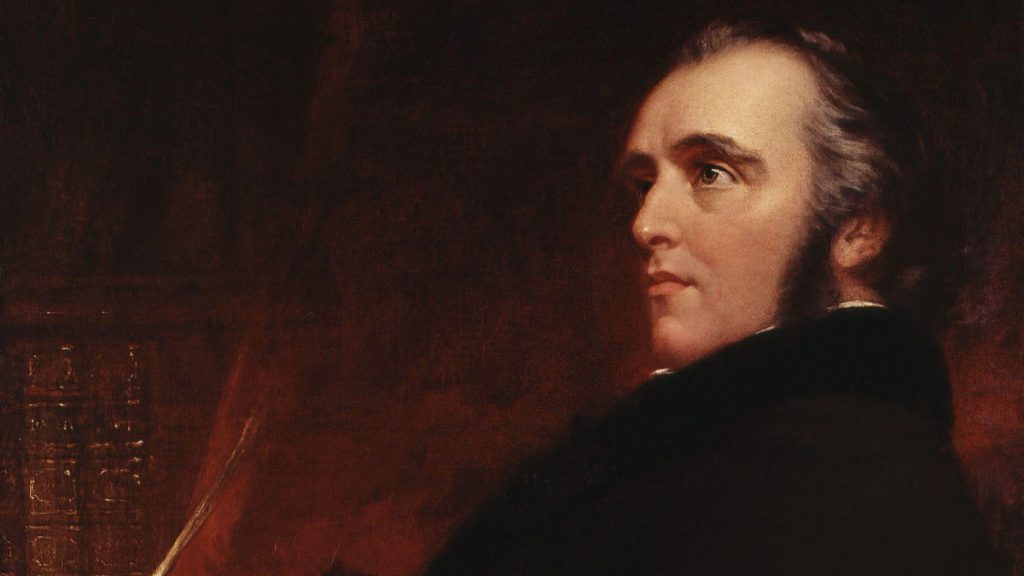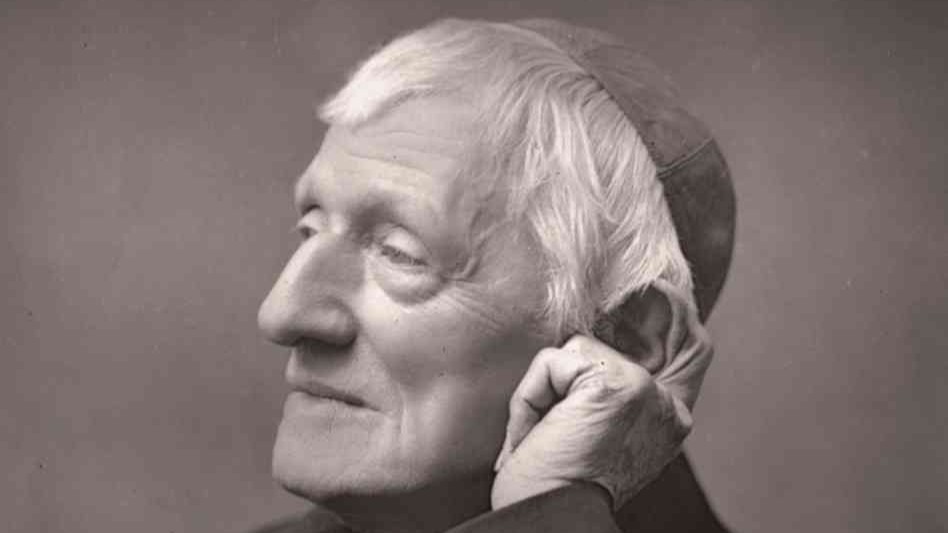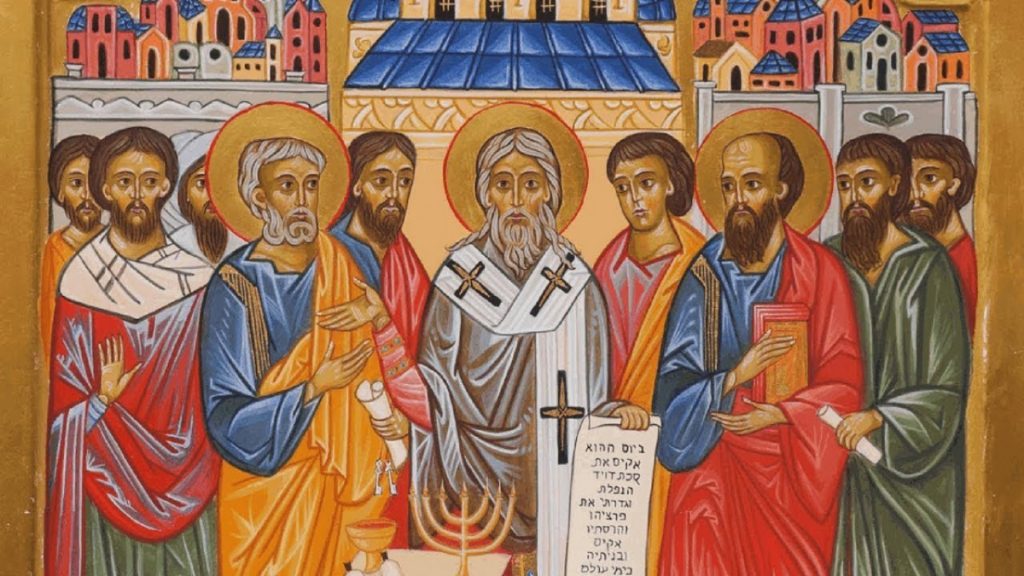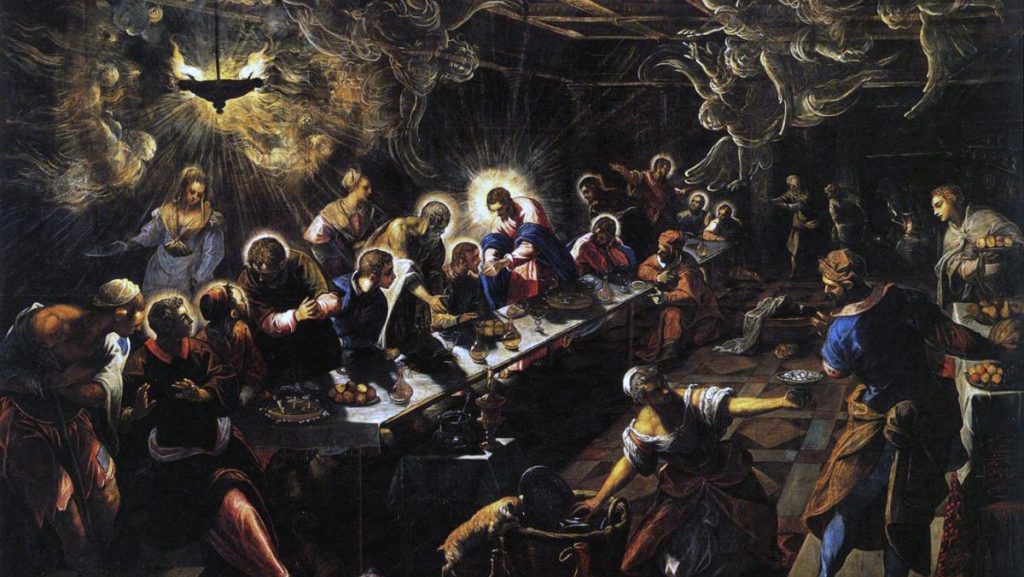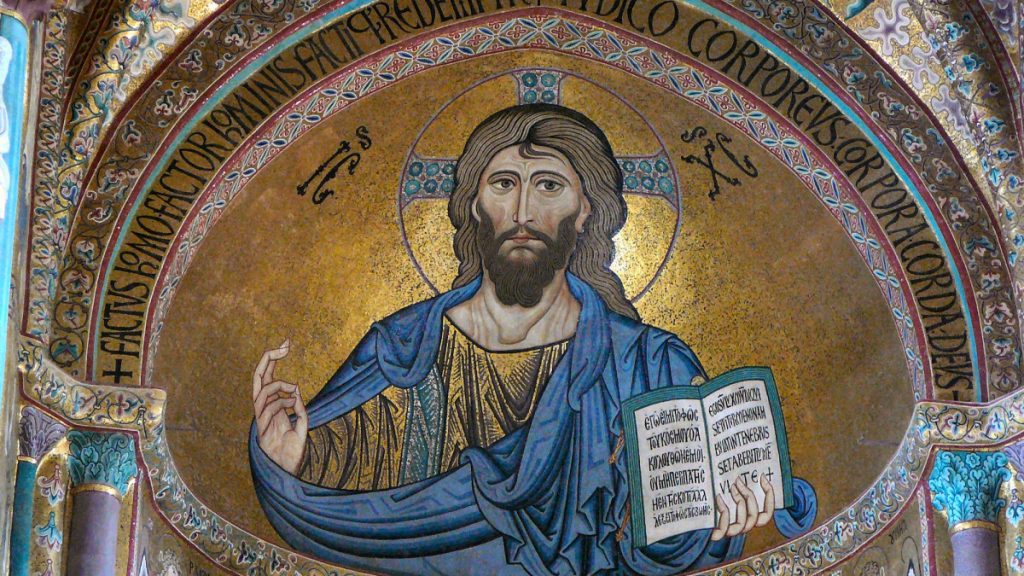(Updated July 18, 2025)
This Author Quote Archive collects pertinent quotes from the Church Father, St. Pope Celestine I.
Next to each quote are the Topic Quote Archives in which they are included.
This Quote Archive is being continuously updated as research continues. Quotes marked with “***” have not yet been organized into their respective Topic Quote Archives.
Letters
St. Pope Celestine I, Letter to John of Antioch, Juvenal of Jerusalem, Rufus of Thessalonica, and Flavian of Philippi (August 10, 430)
(§§4-5)1
(§4) …We have therefore severed from our communion both Bishop Nestorius [a heretic] and anyone else who copies him in teaching these things, until in a written profession he condemns the perverse teaching he initiated, and declares that he holds the same faith about the virgin birth, that is, about the salvation of the human race, as that which, in accordance with apostolic doctrine, is held, revered, and taught by the Roman and the Alexandrian and the universal Catholic Church. And if anyone has been excommunicated or stripped of episcopal or clerical rank either by Bishop Nestorius or his followers, from the time when they initiated this teaching, it is obvious that he has remained and remains in our communion, nor do we consider him deposed, since no one can be deposed by a sentence delivered by one who has shown that he himself ought to be deposed.
(§5) This, most dear brother, we have thought necessary to write to your holiness, so that, strengthened in the Lord and wearing on your chest the familiar breastplate of Christ with the shield of Catholic teaching, you may protect from the perversity of the most dire doctrine the flocks of our Lord Jesus Christ, who was born and suffered for us, and who, after unlocking hell and conquering death, rose for us on the third day. As we have also written to our holy brother and fellow bishop [St.] Cyril [of Alexandria], a sound defender of the Catholic faith, may your holiness know that the following verdict on the same Nestorius has been delivered by us, or rather by Christ God: within ten days, counting from today’s indictment, he is either to condemn by a written profession his sacrilegious sermons on the birth of Christ and profess that he follows the faith that is preserved by the Roman and the Alexandrian and the universal church, or he is to be aware that he has been deposed from the episcopal college and that ruin has come upon 155 | 156 him. In order that this decree of ours may be executed more effectively, we have decided that this letter is to be faithfully delivered to your love by our son Posidonius, deacon of the church of Alexandria…
St. Pope Celestine, Letter 17: Memorandum to His Legates (431)2
When through the agency of our God, as we trust and hope, your charity reaches your destination, consult over everything with our brother and fellow bishop [St.] Cyril, and do whatever he judges to be right. We charge you to uphold the authority of the Apostolic See. Since the instructions that have been given to you tell you that you ought to take part in the assembly, if it comes to a debate, you are to pass judgment on their statements but not to descend to controversy.
St. Pope Celestine, Letter 19: To Emperor Theodosius II (431)3
May the concern showed by your clemency suffice for the defense of the Catholic faith, which out of love for Christ our God, who directs your reign, you hasten to support in every way. By condemning the error of perverse doctrines you keep the faith pure and immaculate; in this you place the protection of your reign, knowing that your rule when protected by the observance of holy religion, will endure more firmly. But in virtue of episcopal office, each of us as far as he is able devotes his labor to the glory of this heavenly responsibility, and we are present at the council [of Ephesus] you have ordered in those whom we send, while we entreat your piety, as we appeal to the divine judgment, that your mildness should not give any scope to unruly novelty, and that no opportunity should be given to those who endeavor to restrict the authority of divine majesty within the limits of human debate–which would upset the peace of the church. The cause of the faith ought to be more important to you than that of your rule, and your clemency ought to be more concerned about the peace of the churches than about the security of all your territories. For success in everything else will follow if priority is given to preserving the things of God, as being still more dear. Abraham flourished through faith and 204 | 205 filled the whole world with the fame of his success; Moses, the liberator of his people, armed himself with zeal for the Lord against those who had departed form the true worship of God; and the Lord protected King David by subjecting his enemies to him, because in his reign he upheld the Lord’s commandments. Fortified by these examples, uphold by faith, vigilance, and power the universal church’s most pious worship of our God, lest dissension arrogate anything to itself. For your rule is assisted by every labor undergone on behalf of the peace of the church and the respect due to holy religion.
Footnotes
- Richard Price, trans., Translated Texts for Historians, Vol. 72: The Council of Ephesus of 431, Documents and Proceedings (Liverpool: Liverpool University Press, 2022), 155-56. ↩︎
- Richard Price, trans., Translated Texts for Historians, Vol. 72: The Council of Ephesus of 431, Documents and Proceedings (Liverpool: Liverpool University Press, 2022), 205. ↩︎
- Richard Price, trans., Translated Texts for Historians, Vol. 72: The Council of Ephesus of 431, Documents and Proceedings (Liverpool: Liverpool University Press, 2022), 204-205. ↩︎



